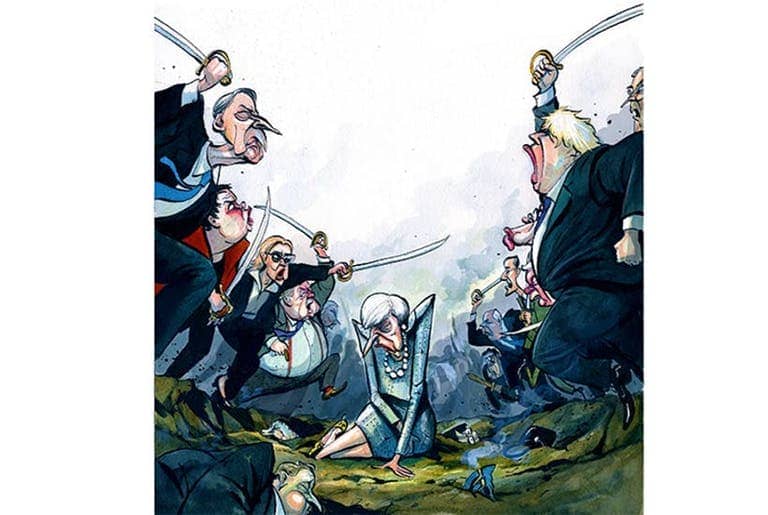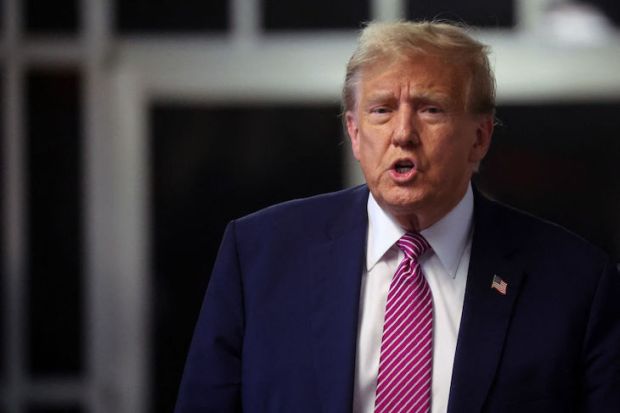In the past few months, relations between the UK and the EU have been the best they have been since Brexit. Vladimir Putin’s assault on Ukraine reminded the two sides of the need for the world’s democracies to co-operate. It is tempting to hope that relations could continue to improve, especially now that the French presidential election is out of the way. But, as I say in the magazine this week, this is unlikely to happen.
The Northern Ireland protocol is about to return to the agenda. The EU thinks that the UK must be made to abide by what was signed, and that allowing London to wriggle out of the letter of its commitments would set a terrible precedent. The British view is that the protocol is causing a crisis for Northern Ireland’s devolved institutions. London’s position has also been hardened by the fact that the more consensual approach of the Foreign Office has yet to make much progress.
In the Queen’s Speech next month, the government will announce that it intends to legislate to protect the Good Friday agreement in ‘its entirety’. This is code for unilaterally overriding parts of the protocol if it deems it necessary. Even some Tories think this move is cynical. They see it as an attempt by Johnson, still weakened by partygate, to remind the Brexit faithful that he is more in tune with them than any potential successor would be. The bill will also face a hard passage through parliament, given opinion in the House of Lords on the sanctity of international agreements.
But the move is, in fact, less dramatic than it looks. The people behind it emphasise that it is designed to see if the EU is prepared to budge. One of those close to the negotiations says that Maros Sefcovic – the European Commission vice-president who is dealing with the Northern Ireland question – ‘just doesn’t have the flexibility’ to address Britain’s problems properly because he only has the mandate for a technical, not a political, negotiation.
There are some in Whitehall who think that the strongest case for new British legislation on the protocol is if it is part of a broader effort to get the devolved institutions operating again in Northern Ireland. They argue that if Unionists’ issues with the protocol are addressed then the DUP will be under more pressure to go into the executive at Stormont even if, as seems likely, Sinn Fein becomes the largest party after next week’s Assembly elections. If the DUP cannot be persuaded to return to a power-sharing arrangement, then there is little chance of getting a Northern Ireland executive up and running.
The UK is adamant that it is looking for the least disruptive way to address its concerns. But the government’s hope that it can act on the protocol without causing a wider upset between the UK and the EU is far-fetched.
Got something to add? Join the discussion and comment below.
Get 10 issues for just $10
Subscribe to The Spectator Australia today for the next 10 magazine issues, plus full online access, for just $10.





















Comments
Don't miss out
Join the conversation with other Spectator Australia readers. Subscribe to leave a comment.
SUBSCRIBEAlready a subscriber? Log in